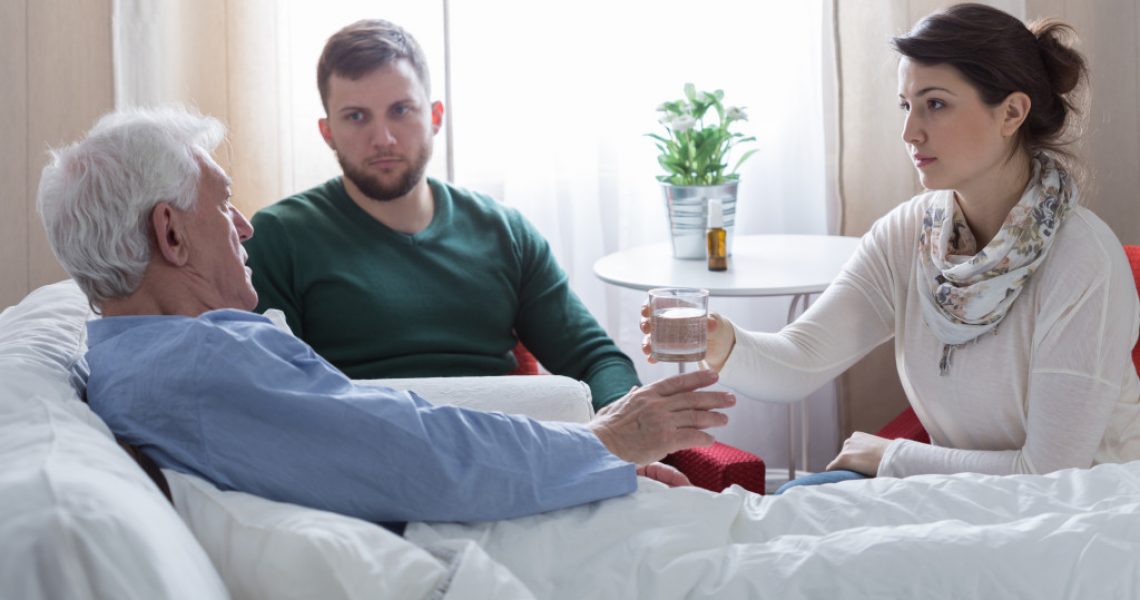When it comes to health and well-being, there is no one-size-fits-all approach. What works for one person may not work for another. However, some general principles can help promote health and well-being at any stage of life—including the end of life.
This blog post will explore some ways that you can promote health and well-being during the end-of-life transition. Some common myths about end-of-life care will also be dispelled. By the end of this post, you should better understand how to support your loved ones (or yourself) during this difficult time.
End-of-Life Care Is Not One Size Fits All
When it comes to end-of-life care, there is no one right way to do things. Every person is different, and every situation is unique. That’s why it’s so important to tailor your approach to the individual needs of the person in question. There is no magic formula for providing end-of-life care, but some general principles can help.
1. Be Present
One of the most important things you can do is to simply be present. Be available to listen, offer support, and provide comfort. Sometimes, the best thing you can do is just be there—even if you don’t say anything. It’s also important to respect the wishes of the person in question. If they don’t want to talk about their illness or their death, that’s OK. It’s their decision, and you should respect it.
2. Be Understanding
It’s also important to understand that everyone grieves differently. Some people may want to talk about their feelings, while others prefer not. Some people may cry easily, while others may seem Stoic on the outside but be grieving deeply on the inside. There is no “right” way to grieve—everyone experiences grief in their own way. Just be supportive and understanding, and let the person grieve in whatever way feels right for them.
3. Find the Right Care Home
Finding the right care home can make a big difference in the end-of-life experience. It’s important to find a care home that offers the kind of support and services the person needs, as well as being a place where they feel comfortable and at peace. This may involve visiting several options and talking with the staff before deciding. Care homes like The Oast Care Home can be a great option for those transitioning to the end of life.
4. Offer Practical Help
When someone is dealing with the transition to the end of life, practical help can make a big difference. Offer to run errands, cook meals, or provide transportation to doctor’s appointments. These tasks may seem small, but they can take a lot off the plate of the person transitioning to the end of life and their loved ones.
5. Take Care of Yourself
Don’t forget to take care of yourself during this time. It can be easy to get so focused on taking care of someone else that you forget to take care of yourself—but it’s important to remember that you can’t pour from an empty cup. Make sure you get enough rest, eat healthy meals, and take breaks when needed. Taking care of yourself will help you be a better caregiver for your loved one.

How to Deal with After-Death Arrangements
There are many decisions to be made after the death of a loved one, and it can be overwhelming. Here are some tips for handling practical tasks:
- Involve the person who passed away in the decision-making process, if possible. Ask them about their wishes for their funeral or other arrangements.
- Take breaks and give yourself time to grieve before making major decisions. It’s OK to take your time with these decisions—there is no rush.
- Ask for help from friends or family members if needed. Don’t be afraid to lean on the support of your loved ones during this difficult time.
Dispelling End-of-Life Care Myths
1. End-of-life care means giving up hope. This isn’t true. End-of-life care focuses on providing comfort and support, not giving up hope for a cure or recovery.
2. End-of-life care only applies to the elderly. End-of-life care can be necessary at any age, regardless of age or health status.
3. End-of-life care means the person is dying soon. End-of-life care can be necessary at any stage of a terminal illness, not just in the final stages.
4. End-of-life care only applies to those with terminal illnesses. While end-of-life care is often necessary for those with terminal illnesses, it can also be helpful for those dealing with chronic illnesses or facing the end of their life due to old age.
Promoting health and well-being at the end of life is a complex task—but it can be made easier by following some simple principles. Be present, respect your loved one’s wishes, understand that everyone grieves differently, and take care of yourself during this difficult time. Following these guidelines can provide support and comfort to your loved ones (or yourself) during this challenging time in life.

